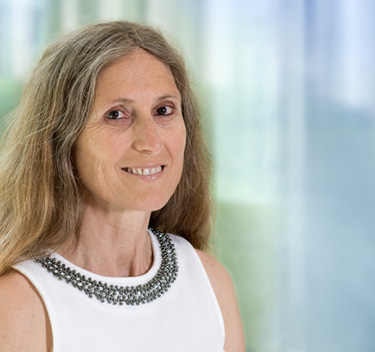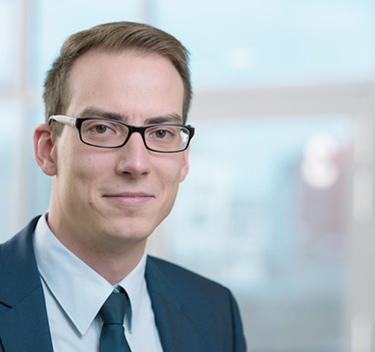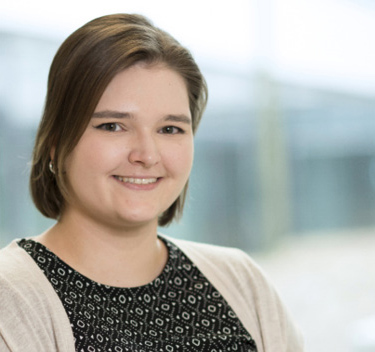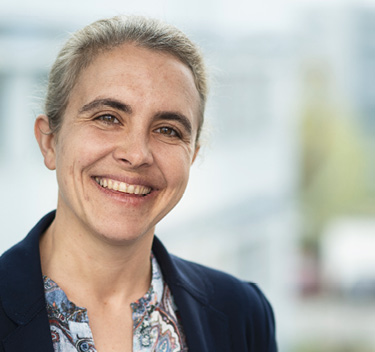Scientific guidance for the transition to sustainability
Successfully managing the transition to sustainability is one of the important challenges, if not the single most important, of our decade – in Germany, Europe and worldwide. Fraunhofer IIS is leveraging its specific skills in the domain of digitalization for the benefit of environmental protection, economic performance and social responsibility. For we are convinced: Digitalization is a powerful tool for greater sustainability.
By getting both trends – progressive digitalization and an increased focus on sustainability goals – to dovetail, we can obtain huge benefits for our economy and our working environments. We are laying some of the groundwork for these revolutions by developing resource-conserving electronic (Green ICT) hardware that works in a particularly energy-efficient fashion. We are pursuing low- to zero-power solutions in this area. In addition, we are using our expertise at every stage of the data life cycle – from the sensor technology for data acquisition to data analysis and utilization – in order to make processes leaner and minimize resource consumption in application fields such as manufacturing, agriculture, logistics and local public transport. And on top of this, we are carrying out research into data recycling topics under the general heading of “eResourcing.” Our natural language communication systems will help reduce business trips. In projects such as Virtual LiVe, we are working on concepts that allow people to enjoy events from home in a highly realistic experience. And our expertise is also directed toward improving social sustainability within companies, such as the working and user environments of employees.
As an organization and employer, we are very conscious of our corporate responsibility. The operations of the entire Fraunhofer-Gesellschaft will be carbon-neutral by 2030. On top of this, we have identified various fields of action in research and administration. In these areas, we are working together with all our employees so that our decisions take into account and conscientiously combine economic, environmental and social concerns.
Prof. Dr. Albert Heuberger
Prof. Dr. Bernhard Grill
Prof. Dr. Alexander Martin








